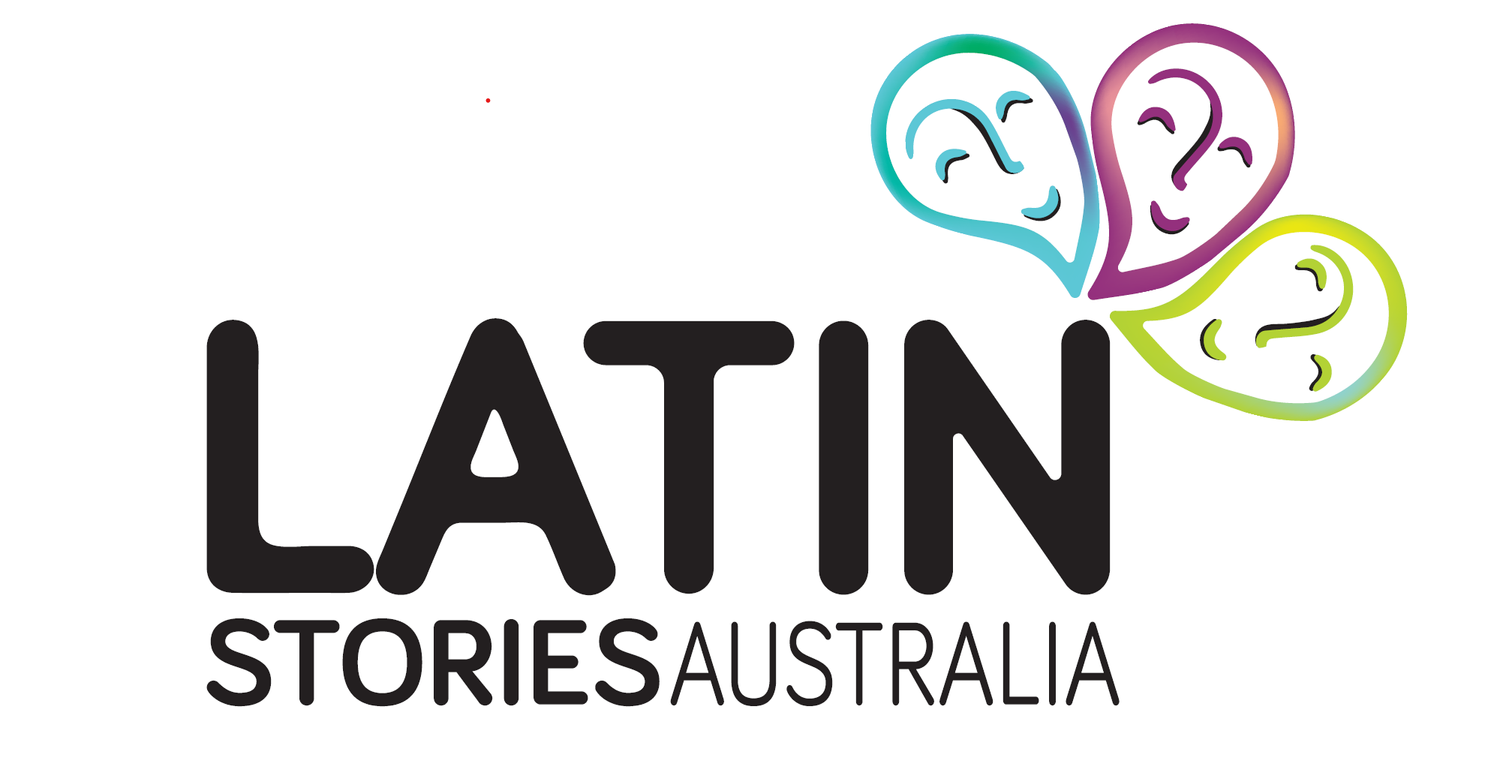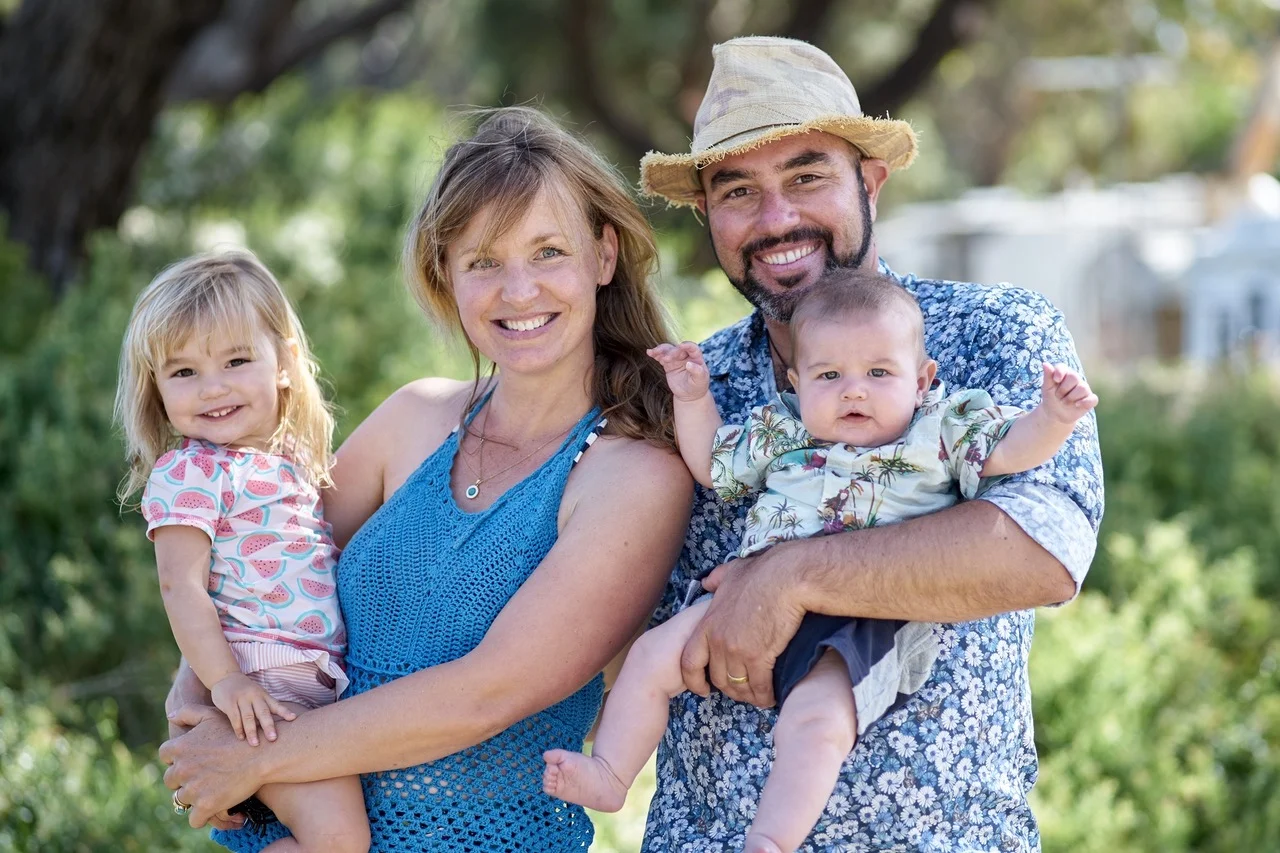Martin de los Rios
"Whatever your thing is, give it a go. You and the world will be a better place for it"
Martin de los Rios
Country of Origin: Peru.
State of Residency: VIC. Favourite place in Australia: Anywhere on the Victorian coast Upon arrival: Surprised by the fact there is snow here. Photo by Michael Baranovic, Melbourne 2013
By Trini Abascal
Martin de los Rios designs and facilitates processes to improve day-to-day democracy and collaborative decision-making. His job has taken him around Australia and recently to Asia with the United Nations Asia-Pacific. He currently volunteers for the International Association for Public Participation (iap2) Australasia. He spends his life between family, working and surfing. He worked for the Victorian Local Government for a few years and now has his own consulting practice.
Tell us your story
Martin facilitating a co-design session for a library redevelopment. Photo by Michael Holt 2015.
When I was young my family was persecuted by the Shining Path terrorist group in Peru so we sought asylum in the US. We never got asylum status but those 2 years living in the States helped shape my character. We then lived in Panama and eventually returned to Peru. I received a bachelor in Civil Engineering (graduated 1st place) but was also interested in the environment and communities. I worked as a teacher and built a hiking business with a social conscience with one of my best friends. I wanted to explore further a career in environment and communities and I also wanted to migrate to a country where I could earn enough in this fields whilst being in a safe environment for my eventual family. The University of Melbourne had the perfect Master degree in Development studies for me. I had met some Aussies whilst working in New York and their sense of humour was great. So for these and a few other reasons, in 2004 I moved to Australia.
I think I studied my way into Australia. Even though I was very qualified I couldn’t get a job in my new or previous career so I worked as a cleaner for 3 years. I eventually learnt that I needed to volunteer to get that very sought after Australian experience. I volunteered for Oxfam Community Aid Abroad for almost 2 years which was incredibly useful for my career development.
My postgraduate degree at University of Queensland in Project Management specialising in social planning and development was very practical. I delivered real projects for organisations while being taught and mentored by a teacher. I went well beyond the call of duty for one of those projects and got an awesome reference from my teacher which helped me land my first job for a global consulting firm where I was sent for training with the International Association for Public Participation (iap2) Australasia. This gave me knowledge and an incredible network; maybe even an additional community to belong to. That work took me around Australia and specialised me in community engagement.
I then worked for local governments in Victoria and for a team leading in community engagement practice at The City of Melbourne. I came across a conflict resolution and decision-making facilitation methodology that came out of South Africa (www.deep-democracy.net) which inspired me. I did all the training and became one of their first licensed trainers in Australia. By now I had started consulting part time while working in local government. I slowly built my practice, skills and network.
I once went to Hobart to present at a conference for group facilitators; here I gave an experiential session on Deep Democracy and people loved it. A woman amongst the participants called my attention and we connected in a way that was evident there was something very special. Years later and some life in between, we are married with 2 beautiful children. Before having out first child I decided that if I was ever going to make the bold move to dedicate full time to my own consulting practice it had to be then. I resigned from my safe, ongoing government job. People said I was crazy but so far it has worked well.
Challenges
Local experience- I learnt that Australians only value Anglosaxon experience so I volunteered for some time to get it. I have always been grateful for the good things in my life and believed I’ve got to help others. Without ever expecting it, my generosity was retributed by a New Zealander friend who helped me get a very sought after volunteering opportunity at Oxfam. Learning how to write Australian style cover letters and CVs was also an enabling factor for getting that first job.
Trusting myself - A later challenge was starting my own consulting practice. It turned out that I had all that it takes and the main challenge for me was to trust the universe and take the risk.
Finding my feet again - I didn’t know anyone in Australia and I had a naive idea of how I was going to get a job in my new field immediately. I went through a deep depression that I managed to get out of mainly with the help of the international student community at university. Having most of my family and my childhood friends and culture far away have always been challenges which I have learnt to live with but not overcome.
Hiking the Camino Inca, Peru 2013
Contrasts
Cultural links - Something that I love about Latin America is its rich cultural link and identity to its Indigenous Peoples- food, dancing, values, politics, etc. The Latin identity goes well beyond colonisation; I would like to experience that as an Australian – Peruvian.
Sense of community - I have seen very resourceful entrepreneurship in developing countries. There is this ease and openness to form community, contribute and nourish it. I find it hard to live in a more individualistic rather than community oriented culture. I haven’t adapted and refuse to adapt to it.
Aussie values - I really appreciate Australian Mateship, their “No worries” culture- “yeah, she’ll be alright”, their interest in other cultures and the respect for our shared places: cleanliness, tidiness and well maintained infrastructure for the benefit of the community.
Casualness - Latin Americans have a passion for having philosophical conversations about a lot of topics. I don’t have as many of those here in Australia. I also miss the casual, improvised, self-inviting nature of my Latin friends; although I have a few Aussie friends who are like this and I treasure them.
Piece of advice
Be patient - Don’t underestimate the importance and hard work it takes to build a network of friends. Invest in your language skills. Do your research, migrating and visas are a bit complex and Australia is demanding about the kind of migrant they want.
Find common ground - It is easier when you identify what you have in common with this place. For me it is their love of sports including tennis, surfing and hiking. Also, I share the use of sarcasm and a good sense of humour. In Australia you can sometimes hear people call one another “Oi!”, I do it the Peruvian way “Oe!” and it works.
Go for it - Australia offers a great safety net; so whatever your thing is, give it a go. You and the world will be better for it. Make your difference an advantage. Embed yourself in the Australian culture and don’t just hang out with your own culture (which is also important to do).
Martin and his beautiful family. Photo by Michael Holt, Victoria 2017
In the next few years...
Martin sees himself continuing to work with purpose and allowing enough time for living alongside his family. He thinks he might repackage his skills and start a new business. He wants to find ways of sharing what he has learnt in Australia with Latin America. Living an Australian life that is more inclusive of and richer because it embraces its Aboriginal culture.




